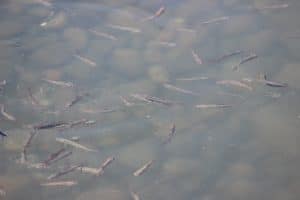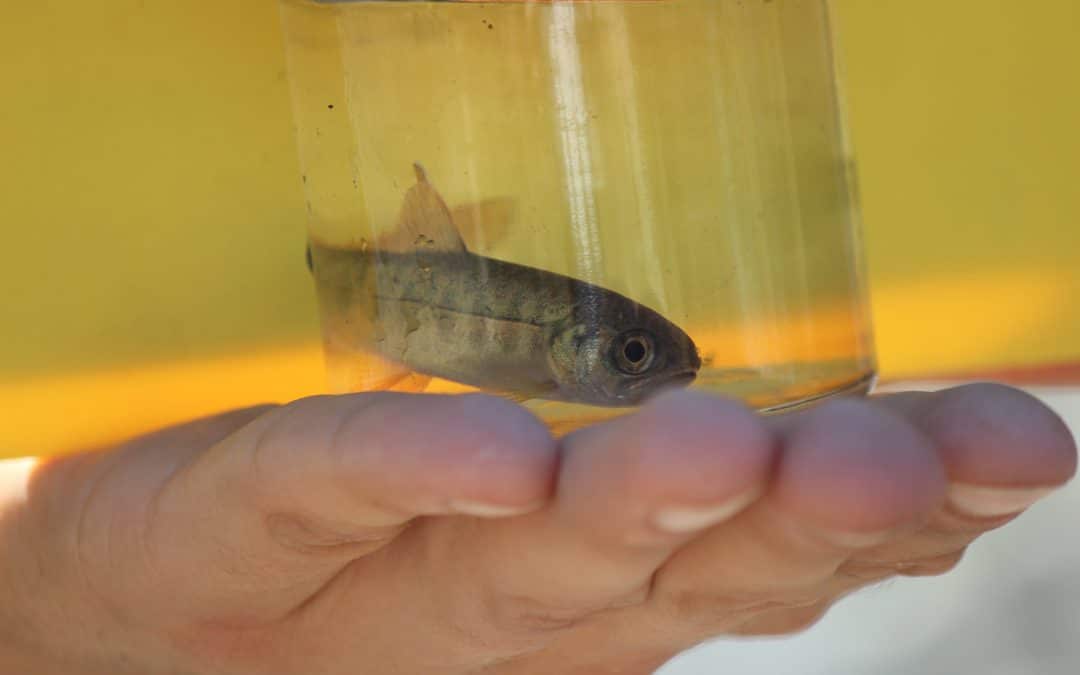Potential for Change to the Project Review Process
 On February 6th, 2018 Bill C-68 was announced, which proposes significant amendments to the Fisheries Act. The focus of the amendments is the restoration of lost protection as a result of changes to the Fisheries Act in 2012. Currently, the Fisheries Act protects only fish and fish habitat that relates to commercial, recreational, or aboriginal fisheries; the amendment proposes to re-introduce protection of all fish and fish habitat, restoring the previous prohibitions against “harmful alteration, disruption or destruction of fish habitat” and “the death of fish by means other than fishing”. Key changes in the proposed Fisheries Act amendment with potential to affect development applications include:
On February 6th, 2018 Bill C-68 was announced, which proposes significant amendments to the Fisheries Act. The focus of the amendments is the restoration of lost protection as a result of changes to the Fisheries Act in 2012. Currently, the Fisheries Act protects only fish and fish habitat that relates to commercial, recreational, or aboriginal fisheries; the amendment proposes to re-introduce protection of all fish and fish habitat, restoring the previous prohibitions against “harmful alteration, disruption or destruction of fish habitat” and “the death of fish by means other than fishing”. Key changes in the proposed Fisheries Act amendment with potential to affect development applications include:
- Requirements to avoid, mitigate, or offset where there is potential for works to result in fish mortality or the harmful alteration, disruption, or destruction of fish habitat.
- Requirements to consult with Indigenous peoples, to consider any potential effects on their rights and to include traditional knowledge to inform habitat decisions.
- Clarification on which projects will trigger authorizations under the Fisheries Act.
- Requirements to publicly release project decisions through an online registry.
- Provisions to consider restoration of degraded habitat as part of the project review process.
- Strengthening of enforcement and monitoring capacity for projects.
For additional information, the proposed amendments are described HERE, and the first reading of Bill C-68 can be accessed HERE.
Next Steps
Once passed and approved, the proposed bill will become law. Regulations and policies, developed in consultation with Indigenous peoples, provincial governments, and stakeholders, will be implemented to support the new Fisheries Act. This will ultimately determine the regulatory review and approval process for future development projects. With implementation of the new Fisheries Act and any subsequent regulations or policies, proponents may see changes to the triggers for regulatory review, as well as changes to the requirements for habitat restoration, offsetting, or monitoring. Until the bill has become law the existing policies will continue to apply.
For further clarification of the proposed amendments to the Fisheries Act or for more information on how Keystone Environmental can guide you through the process, please contact Jamie Slogan.

